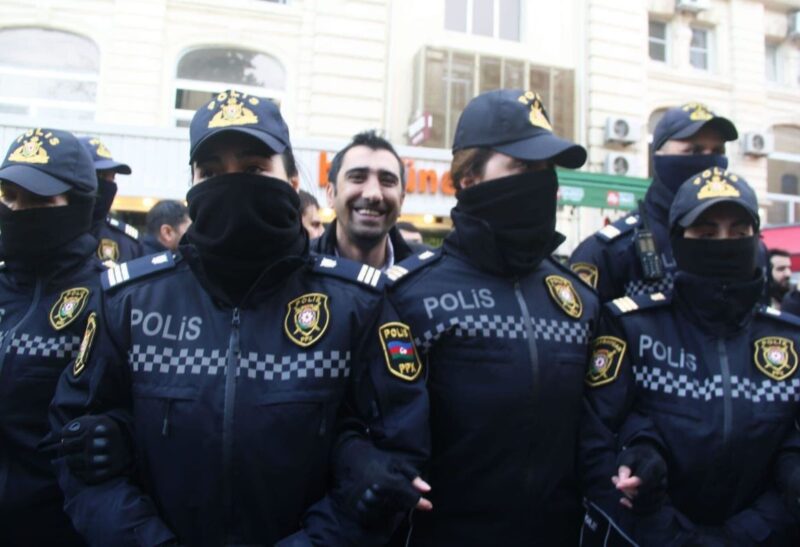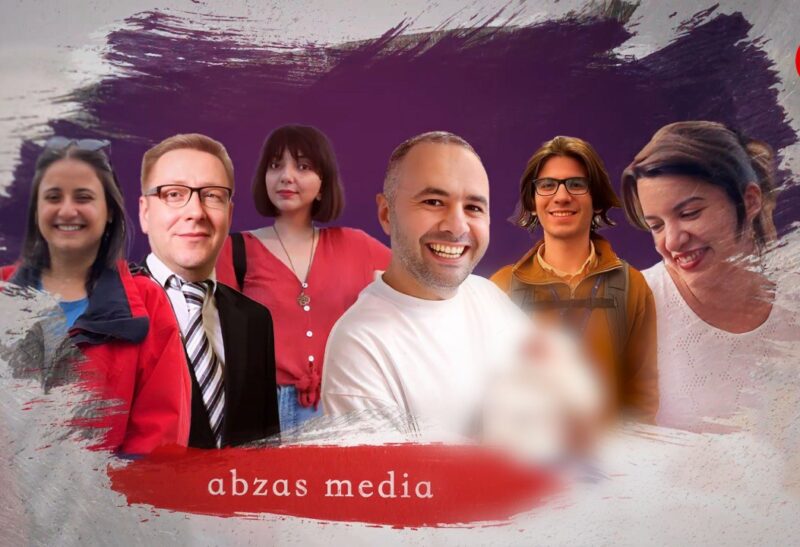The Central Election Commission (CEC) has refuted allegations of deliberate interference with freedom of expression, as reported by lawyers amid restrictions on internet provision during the extraordinary presidential elections in the country.
Journalists present at various polling stations, including Meydan TV personnel at schools No. 310 and No. 80 in Baku, have encountered difficulties transmitting video and voice recordings via WhatsApp, citing widespread issues with internet access.
Meydan TV employees in Fuzuli have reported internet restrictions in the region since February 6, affecting both mobile operators “Nar” and “Bakcell.” Although service was eventually restored, it remained notably weak. Şahin Asadli, head of the media and public relations department of the CEC, stated that no complaints regarding internet interference had been received, contradicting claims made by journalists on the ground.
The Ministry of Digital Development and Transport and mobile operators have yet to provide their stance on the matter. Lawyer Alasgar Mammadli emphasized the potential violation of freedom of expression, stating that intentional interference with internet access constitutes a restriction on the right to access and share information. Mammadli suggested that journalists if presented with evidence, could pursue legal action against such restrictions.
This incident follows previous instances of internet restrictions in Azerbaijan, such as the blockage of “TikTok” during a military attack in September 2022 and a month-long internet blackout in Fuzuli during a military operation in Nagorno-Karabakh in September 2023. The government has a history of blocking internet access during rallies and public events.
On February 6, over 300 organizations across 105 countries urged President Ilham Aliyev to ensure safe internet access for the people of Azerbaijan during and after the elections. The appeal, directed at various government officials and telecommunication heads, emphasized that internet blocking goes against national and international laws, violating fundamental human rights outlined in the Constitution of the Republic of Azerbaijan, the Universal Declaration of Human Rights (UDHR), and the International Covenant on Civil and Political Rights.



